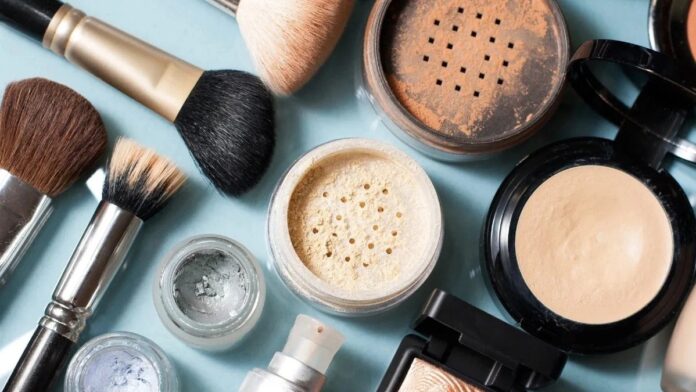We all love a good deal, but are you settling for fake products just for a steep discount? While knock-off clothes or accessories might be harmless, fake cosmetics are a different story. These products, often manufactured in unsanitary conditions with questionable ingredients, can seriously harm your skin and hair. Unfortunately, counterfeiters are becoming increasingly skilled at imitating the originals, making it harder to tell the difference. However, by paying attention to a few key factors, you can avoid purchasing fake products.
- Packaging Differences: Misspelled words, uneven fonts, and low-quality packaging are often telltale signs of counterfeit cosmetics. Authentic brands undergo strict design and printing processes that fake typically can’t replicate. Pay attention to these details when purchasing high-end products.
- Check Reviews: When buying online, always read product reviews and check seller ratings. Counterfeit items frequently pop up on sites offering steep discounts. Reviews can often reveal if a product is genuine or fake. If you notice multiple negative reviews, it’s best to avoid the purchase.
- Check Product Details: Information like serial numbers, barcodes, MRP, and manufacturing details can help you confirm a product’s authenticity. Counterfeit items often lack this information or display it poorly.
- Texture or Smell Test: If a cosmetic product has an unusual odour or strange texture, it may be counterfeit. For instance, fake perfumes often have a distinct smell or fade much faster than genuine ones. Imitation skincare products may feel greasy or have an odd texture. Authentic cosmetics go through strict quality control to ensure consistent texture, fragrance, and appearance.
- Price Discrepancies: Always buy cosmetics and skincare items from authorised sellers, as even some large stores may unintentionally sell counterfeits. A steeply discounted price is often a red flag, as fake products tend to lure customers with unusually low prices.


